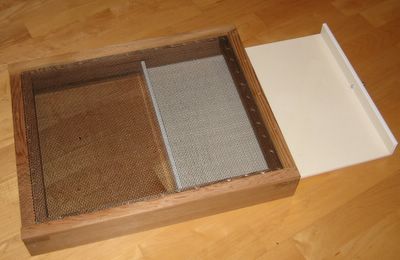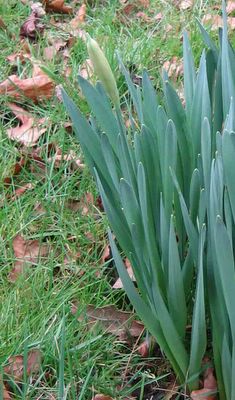Predicting varroa
Labels: honeybee health, varroa
bees, honey and other sticky subjects
Labels: honeybee health, varroa
Buckfast Superbee: The indie-rock group takes their name from a discovery by Benedictine monk, Brother Adam, whose passion was beekeeping. He crossbred a honeybee that was capable of producing 10 times the amount of honey that normal bees are able to do. The new bee was dubbed the Buckfast Superbee.Ten times, no less!
I’m afraid that our public avoidance of honey is hurting us as a movement. A certain number of bees are undeniably killed by honey production, but far more insects are killed, for example, in sugar production. And if we really cared about bugs we would never again eat anything either at home or in a restaurant that wasn’t strictly organically grown—after all, killing bugs is what pesticides do best. And organic production uses pesticides too (albeit “natural”). Researchers measure up to approximately 10,000 bugs per square foot of soil—that’s over 400 million per acre, 250 trillion per square mile. Even “veganically” grown produce involves the deaths of countless bugs in lost habitat, tilling, harvesting and transportation. We probably kill more bugs driving to the grocery store to get some honey-sweetened product than are killed in the product’s production.But our dear anti-honey vegan then muddles on:
... honey is unnecessary cruelty. We may not be able to avoid killing insects when producing crops, driving to the store, or doing other daily activities. But it is really simple to avoid honey, and no one needs it to live. Why should we recklessly abandon our commitment to reducing cruelty in this area of our lives... Honey kills bees. Honey is easy to avoid. Therefore, if reducing suffering matters to you, you should avoid honey.What a sad person! I wonder if they have ever heard the word “priority”. I wonder if they understand anything about beekeeping. I suspect their brain has been addled by a lack of decent food.


Labels: honeybee health, varroa




Labels: my pictures
Labels: honeybee health, varroa
Labels: honeybee health, varroa